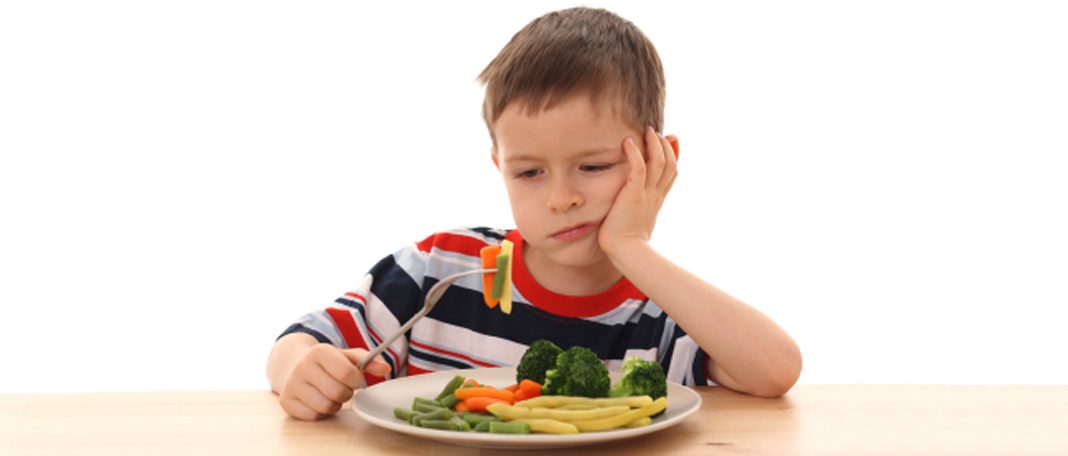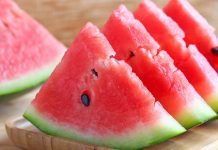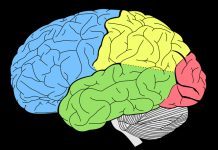Vegan diets that exclude all animal products, including eggs and dairy, became popular for health, environmental, and ethical reasons. But this diet lacks certain nutrients. A new study highlights the risks and benefits linked with vegan and vegetarian diets.
Do kids grow slower due to vegan diets? Previous studies in adults showed that vegetarian and vegan people had a lower risk of heart disease, but they experienced a significant risk of fractures. However, the impacts on kids have not been examined until the new study this week.
Vegan Diets and Children’s Well Being
According to the study, children who followed a plant-based diet may have less body fat than those who eat meat, and they also are shorter and weaker.
The scientists discovered a connection between shorter height and lower bone mineral content among children who eat vegan foods than meat-eating children. But they didn’t prove that a vegan diet was the reason for short height in children. Nor do they prove that these differences will continue to adulthood.
How Was the Research Conducted?
The research published in the American Journal of Clinical Nutrition analyzed the difference in kids aged 5 to 10 years in Poland. They conducted the examination on 187 healthy children between 2014 to 2016 who had been following their respective diets for at least one year. In this study, 63 were vegetarians, 72 children were meat-eaters, and 52 were vegans.
Scientists observed at the children’s nutrient intakes, body mass index, and cardiovascular risk-how likely they may lead to face the risk of a stroke or heart disease in the future.
The research was an observation, so the research team hasn’t made any experiments or changes to the children’s diet. They picked children who were already following these diets.
This study was called a cross-sectional study. They examined these children’s past diet details, growth, and cardiovascular risk factors at a given time.
Scientists ensured children who followed vegan and vegetarian diets were similar to meat-eating children. They also checked the impact and cardiovascular risk factors, including age, sex, parental education, parental smoking, clinical aspects of their mother’s pregnancy, particularly their parents’ height.
What Did the Scientists Find?
They found that children on plant-based diets had a healthier cardiovascular risk profile with 25 % lower levels of low-density lipoprotein(unhealthy cholesterol or LDL) than meat-eating children. But the children who followed a vegan diet had an increased risk of nutritional insufficiencies. They were more likely to have less calcium, vitamin B12, vitamin D, and iron in their diet.
Children who followed vegan diets had about 5% lower bone mineral content, and their heights were 3cm shorter. The higher the boner mineral content, the better the bone mineral density. 95% of bone mass is achieved by around 20 years of age. Lower bone mineral densities are associated with higher rates of fractures in the future.
Children who followed vegetarian diets showed less pronounced nutritional deficiencies and had a less favorable cardiovascular risk profile than vegans and meat-eaters.
Conclusion
The study didn’t prove that kids who follow these three diets may have these nutritional and health problems and benefits. It is still unclear that these problems will continue into adulthood.
The study does highlight potential risks which parents and health practitioners do not ignore.
Parents and caregivers must be careful and balance their kids’ protein intake from various vegan sources, including lentils, nuts and beans, and calcium from calcium supplement plant milk. It is also advised, particularly to parents, that they should optimize their food and nutrient intake for their children’s well-being.


















